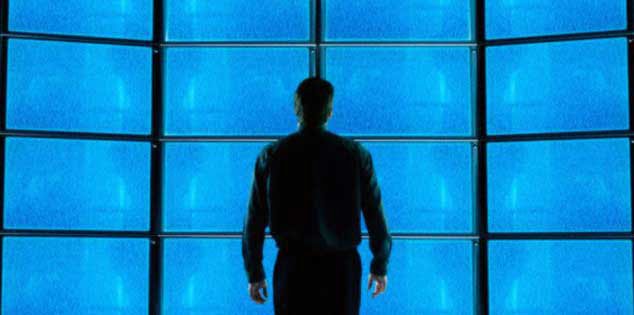A new research done by Swedish researchers suggests that you could get even better brain benefits and more energy from being exposed to blue light than what you would get from a cup of coffee.
Swedish researchers tested a group of 21 volunteers under four different conditions: exposed to white light and taking 240 mg of caffeine, blue light and 240 mg of caffeine, white light and a placebo, and blue light and a placebo.
They found that both the caffeine-only group (under white light) and the blue light-only group (no caffeine) had better accuracy on a visual reaction test that required making a decision—and they also performed faster than the other two groups. Their overall psychomotor function was better than the other groups as well and when compared to these both groups the blue light-only group, however, did even better than the caffeine group on staying focused and being accurate when faced with different distractions. They also had substantially better visual reaction.
While the caffeine study used hour-long light exposure times to match the effects of caffeine, previous research has shown changes to brain function can occur with just 50 seconds of blue light exposure.
Although harmless to tissue, blue light is strong enough to trigger biological effects in the body, and it’s being used increasingly for a range of medical treatments. For instance, doctors at the University Hospital of Heidelberg have developed a patch that emits blue light to treat pain.
Blue light may also help combat bad breath.Just two minutes’ exposure to blue light from lamps used for tooth whitening was enough to kill bacteria in saliva associated with bad breath, according to one study.
Even blind people are able to get the cognitive benefits from blue light exposure, according to a recent research. Research from the University of Montreal found that even when vision is impaired and objects can no longer be seen, changes in light still register in the brain and blind people can tell when a light is switched on or off.

